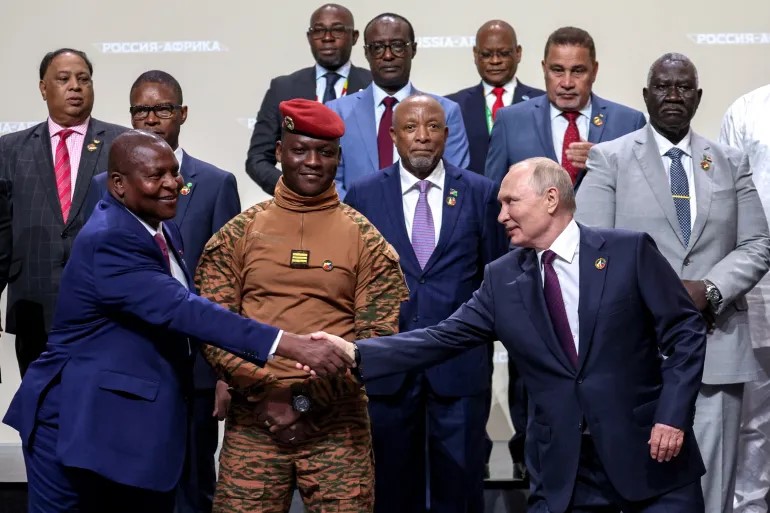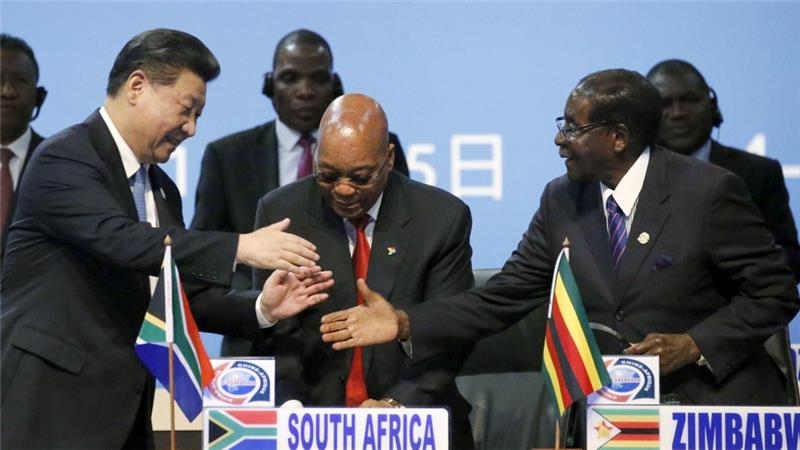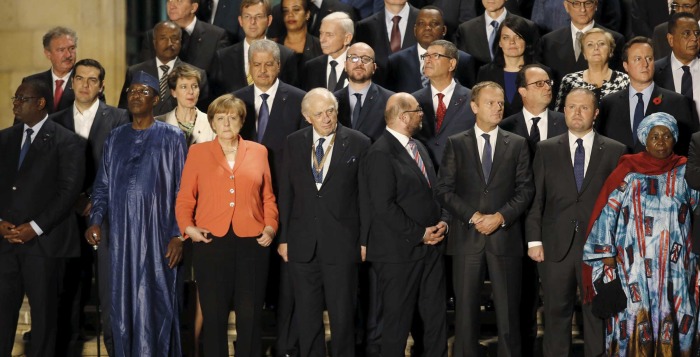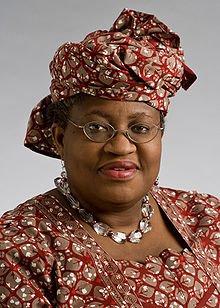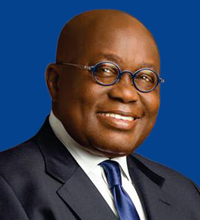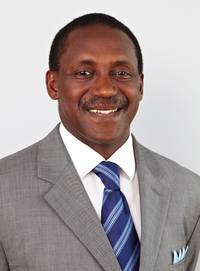
The UN –AU strained relationship took a further downward spiral following the UN security council’s refusal to approve an all-African bid to postpone the International Criminal Court trials of president Kenyatta and his deputy, William Ruto.
The duo is facing charges for crimes against humanity committed during the violence that erupted after Kenya’s 2007 elections in which 1,200 people died.
The AU had unanimously requested for the trial to be delayed for one year, to allow Kenyatta and Ruto deal with the aftermath of the Nairobi mall attack in September by the al Qaeda-linked group al Shabaab, in which 67 people are alleged to have died.
The request was unprecedented and its sensitive nature led to the 15-member UN Security Council splitting into halves, with seven members, including Russia and China, voting for a draft resolution to approve the request, while eight members, including France, the United States and Britain, decided to abstain.
This was enough to frustrate and block the AU’s move to delay the trial given that the Security Council resolutions need nine votes and no vetoes by any of the five permanent members – Britain, Russia, China, France and the United States – to be approved.
Kenyan presidential spokesman Manoah Espisu said last week that “it is time to see whether the Security Council truly cares about the interests of Africans, considering that Africans have made this request as one.”
But the questions many critics of the AU move are asking is whether should justice be delayed for the 1,200 killed in 2007 in favour for the 67 murdered last month by al Shabaab. Opponents and those who voted against the resolution argued that doing otherwise would have set a dangerous precedence that would undermined the usefulness of the ICC, and hence providing a platform for impunity to flourish.
Vice President Ruto’s trial began last month, while Kenyatta’s trial is due to start on February 5 after being delayed for a third time. The Nairobi attack by al Shabaab, happened while Ruto was at the Hague attending the trial, but was given a break to return home so he could help deal with the militant attack on a Nairobi shopping mall.
Seven of the members who abstained are all International Criminal Court members – France, Britain, Guatemala, Argentina, South Korea, Australia and Luxembourg. The United States is not a member. The seven who voted yes are not court members – China, Russia, Togo, Azerbaijan, Rwanda, Morocco and Pakistan.
The AU’s move is a gamble gone wrong and this will only further weaken the Organisation, rendering their decisions and stance meaningless in the face of the International community. The question many Africanists are now asking is; can the African Union as an organisation ever defy the “international community” on issues pertaining to Africa, where they think the International community is not acting in their interest?
Guatemala’s U.N. ambassador, Gert Rosenthal, told the council after the vote that the decision by members to abstain should not be confused as contempt for those who proposed it.
“It has been insinuated that not joining the vote that favors the resolution is somehow an expression of ill-will towards the African Union,” Rosenthal said. “My delegation most categorically rejects such a suggestion … we find this view frankly offensive.”
It should be noted that the council can defer International Criminal Court action for one year under Article 16 of the Rome Statute that established The Hague-based court a decade ago.
Why many viewed the AU’s move as an attempt to prevent the justice is that, in 2011 Kenya on its own had requested a deferral of the trial, which unfortunately was declined. This was followed by another request for the cases to be terminated, which was also rejected on the basis that the council had no such power.
It is uncertain as to how the African Union will react to this latest move by the UN Security Council. If one thing is certain though, it is that many African leaders will not be pleased with the Security Council outcome.

